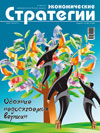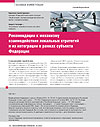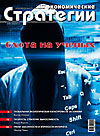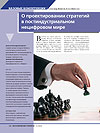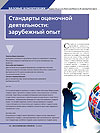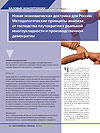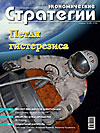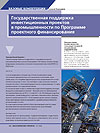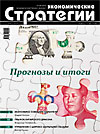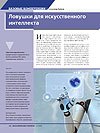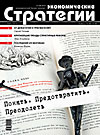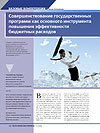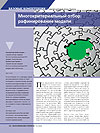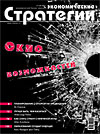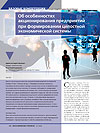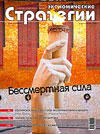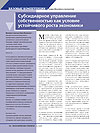Recommendations to the Mechanism of Local Strategies’ Interaction and Their Integration Within the Subject of the Federation
Interaction of the Federal Law № 172-FZ of June 28, 2014 “On Strategic Planning in the Russian Federation” (with amendments) (hereinafter referred to as “172-FZ”) and the Federal Law № 131-FZ of October 6, 2003 “On general principles of the organization of local self-government in the Russian Federation” (hereinafter referred to as 131-FZ) causes two information flows: the downstream — from the Federation level “downwards” and the upward stream — from the municipal districts (MD) “upwards”. These flows meet at the level of the subject of the Federation. The author suggests several assembly schemes that integrate local strategies within the framework of strategic planning of the subjects of the Federation. All these schemes, although being based on a certain historical experience, remain rather conceptual. Their adaptation to management practice is a matter of the nearest future.


